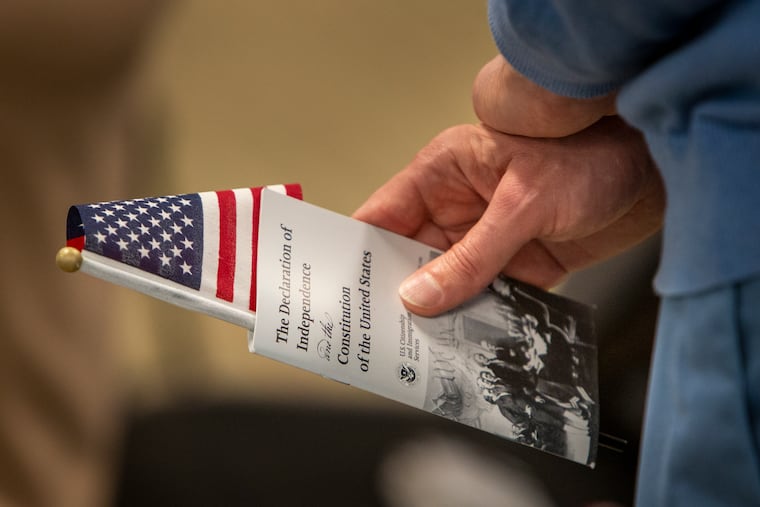The last surviving taxi cab in the Main Line has completed its final journey.
In a significant turning point for the local transportation landscape, Maxwell Taxi Cab Co., a cherished fixture in the suburban Philadelphia community, has officially ceased operations as of February 28. Founded over 50 years ago, the company served as a dependable transportation option for residents in Lower Merion and surrounding areas, catering to both social outings and essential travel needs. The closure marks not just the end of a business but the conclusion of an era that saw the firm as a reliable alternative to rideshare services.
Virginia Jennings, a former customer, reminisced about the days when she would call a Maxwell cab for a night out, evoking a sense of nostalgia for her pre-kids life in the early 2000s. For many like Jennings, the familiarity of knowing the drivers—who were often prompt and engaging—was a comforting aspect of the Maxwell experience. However, the economic landscape reshaped by both the rise of rideshare companies and increasing operational costs proved insurmountable for Maxwell.
George Fusaro, who, along with his brother, has owned the family business for three decades, indicated that the entry of rideshare services such as Uber significantly undercut taxi operations. When Uber hit the market, it offered rides at drastically lower prices, often leaving traditional taxis like Maxwell at a disadvantage. Compounding this challenge was a recent quote for insurance that revealed a staggering 60% increase, raising costs to approximately ,000 annually for each of Maxwell’s five cabs. This financial strain prompted the decision to shutter operations rather than face an unsustainable future.
The historical context of Maxwell’s past success reveals that the company once enjoyed a thriving service, particularly on weekend nights when it fielded over 700 calls, serving eager college students and residents looking to enjoy a safe night out. Over time, shifting consumer behaviors—particularly among younger demographics favoring rideshare apps for their convenience—had a deleterious effect on the taxi industry at large.
As former Maxwell clients grapple with the transition to alternatives like Uber and Lyft for their transportation needs, many express a sense of loss. Customers who once relied on Maxwell’s services for key life events, such as airport transfers or special occasions, now face a challenging choice, often prioritizing familiarity and comfort over the convenience of app-based rides.
The demise of Maxwell Taxi Cab Co. serves as a poignant reminder of the evolving nature of transportation in suburban Philadelphia. For many, its closure signifies not just the loss of a reliable service, but the passing of a cherished community institution that played a significant role in the lives of its customers. As residents adapt to this significant change, the legacy of Maxwell will undoubtedly linger, reminding them of a time when local taxi services reigned supreme.







